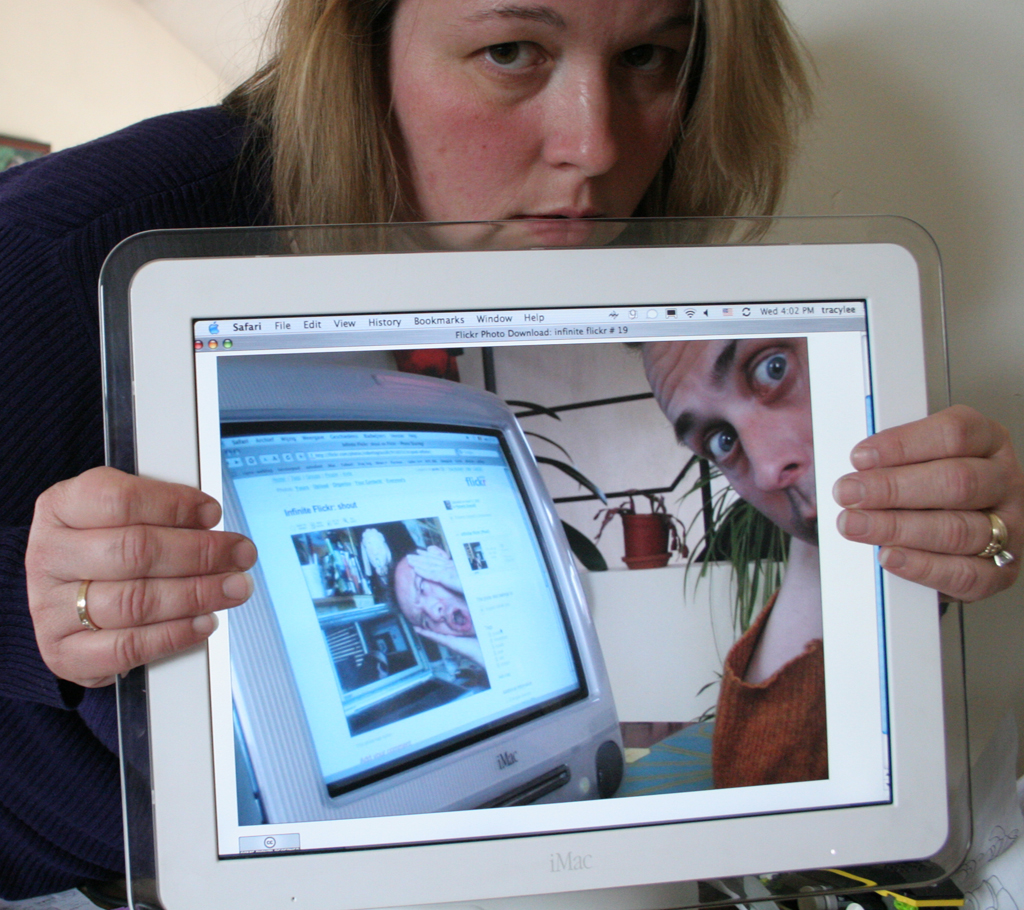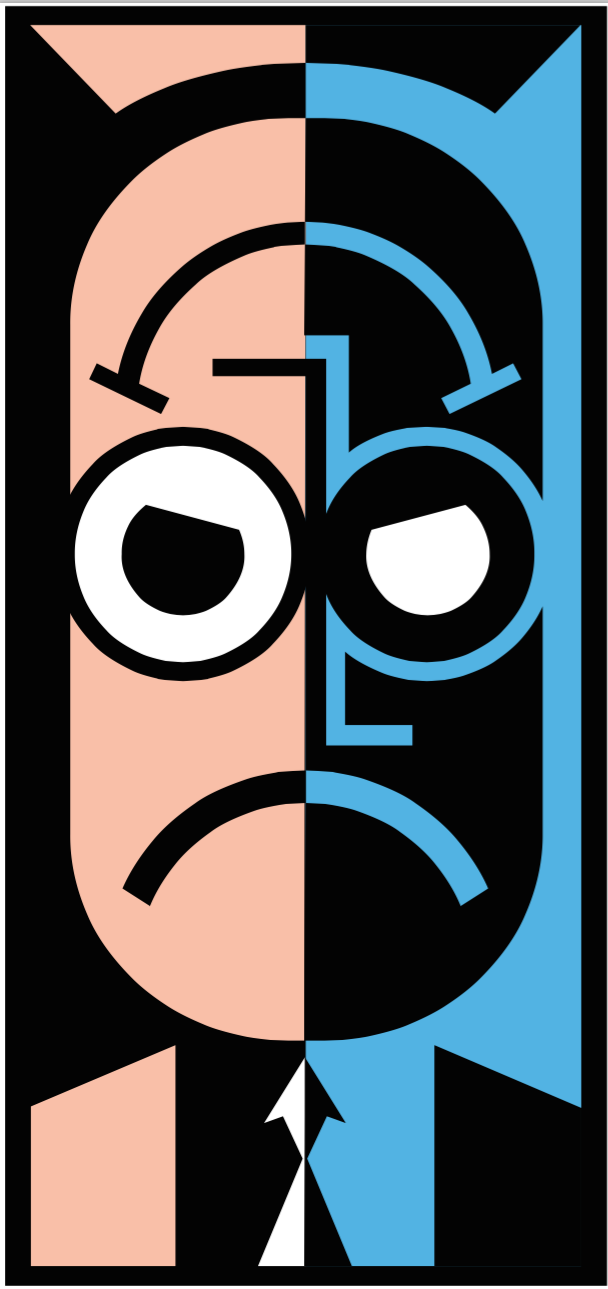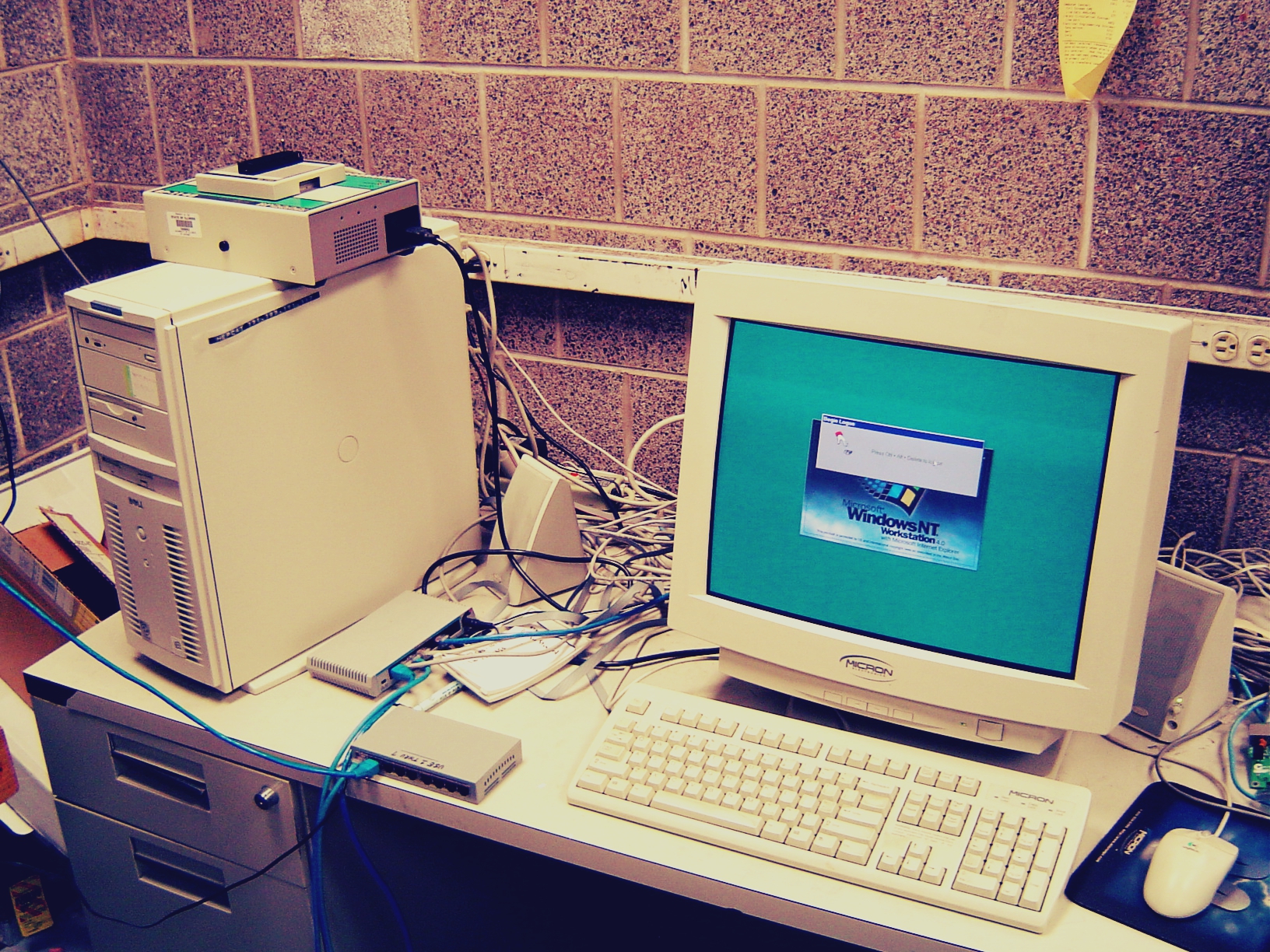Apple Computer is well known for its “Think Different” slogan, but that doesn’t mean the company thinks smart. If anything, Apple’s recent launch of the revamped iMac demonstrates there’s not much thinking going on at all in Cupertino—that is unless the company is trying to write the textbook on how to totally screw up an extremely important new product launch. If that’s Apple’s idea of thinking different, well, congratulations on a job well done because it’s looking like the new iMac’s launch debacle will be more talked about than the fate of the ill-fated Cube.
Apple’s problem: The iMac product shortage. Financial analysts and some media outlets have taken note of the crisis—and I must state firmly that it is a very serious crisis. This is no typical product shortage brought on by high demand for a hot, new computer. Worse, the timing of the shortage coupled with the importance of the new iMac to Apple are major disasters that could have been avoided. Strongest sales usually take place right after a product’s introduction, a phenomenon that typically cannot be recovered at a later time. In characteristic fashion, Apple is silent about the shortages, instead touting 150,000 early orders. (For the record, an Apple retail store representative on March 3, 2002, said the number had increased to 200,000.)











